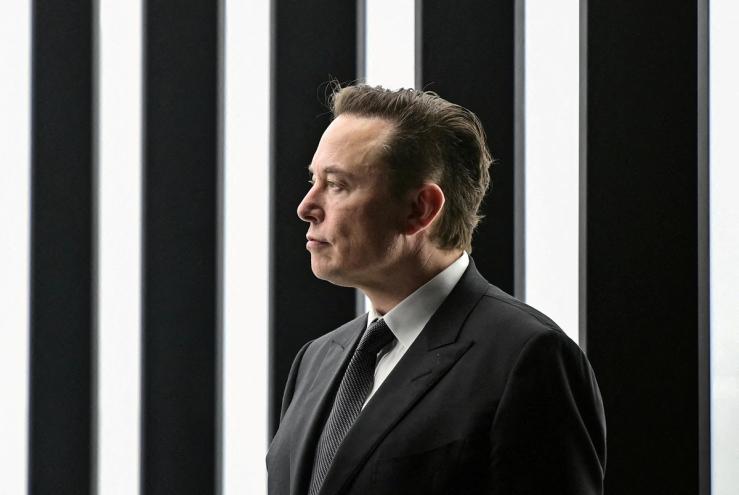The News
Elon Musk’s Starlink struck a $19 billion deal Monday for EchoStar’s spectrum licenses, edging out T-Mobile and positioning it as a potential competitor to the big three wireless carriers.
Shares of T-Mobile, AT&T and Verizon all slipped in Monday trading, reflecting investor concerns over Musk entering the wireless oligopoly. Spectrum is a finite asset and licenses for big blocks, like those Charlie Ergen had been sitting on for years, don’t come up for sale that often. AT&T agreed last month to buy $23 billion worth of EchoStar’s spectrum, and Starlink is buying much of the remainder.
Musk’s deal came as a surprise to some industry observers, even after Semafor reported Starlink’s and T-Mobile’s interest. As recently as last week, telecom executives were privately dismissive that the billionaire was serious about building a wireless competitor.
T-Mobile’s US executives were keen and still bidding as recently as last week, but their corporate bosses in Germany — the carrier is owned by Deutsche Telekom — tapped the brakes, people familiar with the matter said. Instead, the company will rely on SpaceX’s network for direct-to-satellite capabilities. Verizon, meanwhile, considered making a play for EchoStar’s licenses, a person close to the company said, but felt the company’s spectrum supply was adequate for now.
A spokesperson for Verizon declined to comment. “We are excited that our partner in direct-to-cell services, Starlink, has made a long-term investment into satellite-to cellular-technology,” a T-Mobile spokesperson said.
The carrier is in talks to lease some of the spectrum that SpaceX bought, The Wall Street Journal reported.
That spectrum will allow Starlink — and by extension, T-Mobile — to deliver faster, more powerful service over satellite. It also makes Charlie Ergen’s EchoStar a major shareholder in SpaceX, one of the most valuable private companies, which could bring retail investors to its stock.
The View From Sowmyanarayan Sampath
“We’ll remain opportunistic in this space,” Verizon Consumer CEO Sowmyanarayan Sampath said at an investor conference last week. “Longer term, everyone needs more spectrum. We are no exception to the rule. But in the short term, we’re really comfortable with our spectrum position.”


